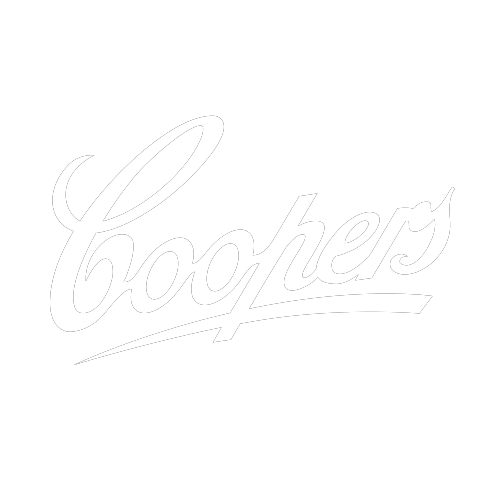Monumentalisation: Conveying Cultural Narratives with Installation and Public Art
Panel Discussion
11 September 2021
3–4pm
How do First Nations artists approach representation in public spaces? Taking Yhonnie Scarce‘s new commission Missile Park as a starting point, Blaklash co-founder Troy Casey, architect Kevin O’Brien, and artists Judy Watson and Tony Albert explore the intersection of architecture, memorial culture, and the representation of First Nations histories in their own projects.
Scarce is known for her sculptural installations, which range from architecturally scaled public-art projects to intimate assemblages, all replete with personal and cultural histories. In her latest commission, Missile Park, three large sheds serve as a solemn memorial for those displaced by the impacts of nuclear testing on Aboriginal lands. It builds on an earlier work, Blood on the Wattle (Elliston, South Australia, 1849) (2013), a memorial to those who lost their lives in the Elliston Massacre and the thousands murdered during the frontier wars.
Scarce has travelled the world researching genocide memorials, which has informed her own practice of marking trauma sites. She shows that art can play a meaningful role in interrogating shared histories and drawing attention to overlooked pasts. What is the impact of reclaiming these sites as First Nations spaces? How does this influence public discourse around land ownership, history, and representation? And how do First Nations artists navigate the process?
-
Tony Albert explores contemporary legacies of colonialism to prompt us to contemplate the human condition. Mining source materials from across the globe, he draws on personal and collective histories to explore the ways optimism might overcome adversity. He unpacks what it means to judge and be judged in the absence of recognition or understanding.
Troy Casey is passionate about harnessing economic opportunities to create positive social change for First Nations Australians. He combines his community engagement experience, spanning government, not-for-profit, and higher education sectors, with his curatorial practice, working collaboratively with communities to ensure First Nations voices are embedded across projects in public art, placemaking, and urban design.
Kevin O’Brien is an architect and Adjunct Professor at the Sydney School of Architecture, Design, and Planning at the University of Sydney. He directed the Finding Country exhibition, an independent and official Collateral Event of the 2012 Venice Architecture Biennale, which explored the tension between concepts of Country and the colonial city, against an imagined fifty-percent reduction in population. He recently co-edited Our Voices: Indigeneity and Architecture, the first publication of its kind to explore First Nations perspectives about architecture from Australia, New Zealand, and North America. Our Voices II: The De-Colonial Project is due for release by Oro Editions in late 2020.
Judy Watson lives and works in Meanjin/ Brisbane. Her Aboriginal matrilineal family are from Waanyi country in north-west Queensland. Her work reveals hidden stories within Country, working from site, archives, and memory, revealing Indigenous histories, following lines of emotional and physical topography that centre on particular places and moments. Recently she has had solo exhibitions at Ikon Gallery, Birmingham, and Art Gallery of New South Wales, Sydney. Her work is held in public collections, including all Australian state art museums and the National Gallery of Australia, Canberra; Tate Modern, London; Taipei Fine Arts Museum, Taiwan; St Louis Art Museum; the British Museum, London; Museum of Archaeology and Anthropology, University of Cambridge; Library of Congress, Washington; and Kluge-Ruhe Aboriginal Art Collection, University of Virginia.
Yhonnie Scarce 'Missile Park' 2021. Photo: Marc Pricop.






